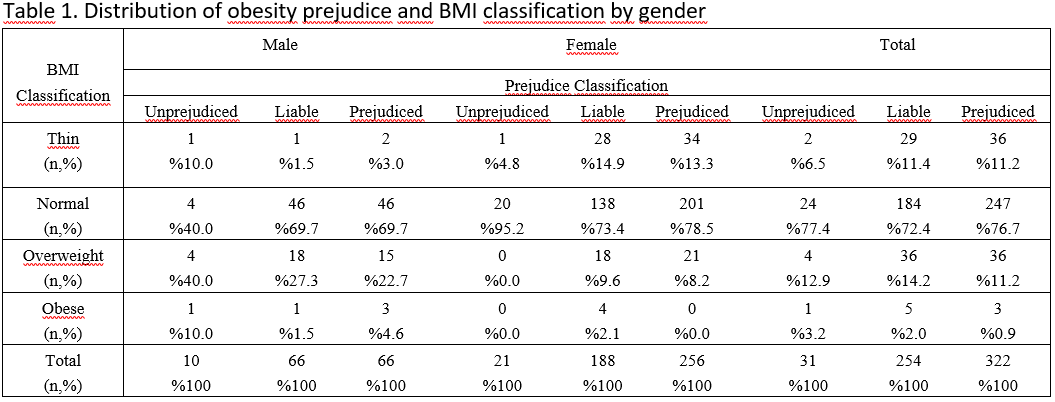
Semsi Gul Yılmaz
Ankara University, Turkey
Title: University students’ body perception and obesity prejudice
Biography
Biography: Semsi Gul Yılmaz
Abstract
Statement of the Problem: The prevalence of obesity has reached very serious dimensions and continues to increase day by day. Most of the studies aimed at obesity consist of physiological and biochemical clinical studies. However, obesity is not only a psychological and physiological aspect, but also an important health problem that should be addressed by social aspects due to discriminatory or stigmatizing and prejudiced behaviors of obese individuals against others in the society. The purpose of this study is to determine the body perception and obesity prejudice in university students.
Methodology & Theoretical Orientation: The study was conducted on 607 university students (465 female and 142 male) in Ankara. The GAMS-27 Obesity Prejudice Scale was used to assess the prevalence of obesity and to be focused on the views of participants about obese individuals, their health status, and their social relationships. The significance level in all statistical tests was accepted as p<0.05.
Findings: The mean body mass index (BMI) of male was 23.6±3.02 kg/m2 while female was 21.4±2.72 kg/m2. The rate of participation in the negative statement about body perception and obesity prejudice in the prejudiced group was found to be higher than the unprejudiced group. Numerical differences between those who were prejudiced and unprejudiced were statistically significant.
Conclusion & Significance: Many individuals think that they are not prejudiced against obese individuals, but there are prejudices that they are not aware of it. Although most participants state that they are not prejudiced against obese individuals, it is clear that the result is prejudiced or prone to bias. Obesity prejudice and body perception disturbance are a very important problem today. In order to determine the necessary policies for resolving these problems, it is necessary to carry out more comprehensive studies on the causes and the influences of these situations.


